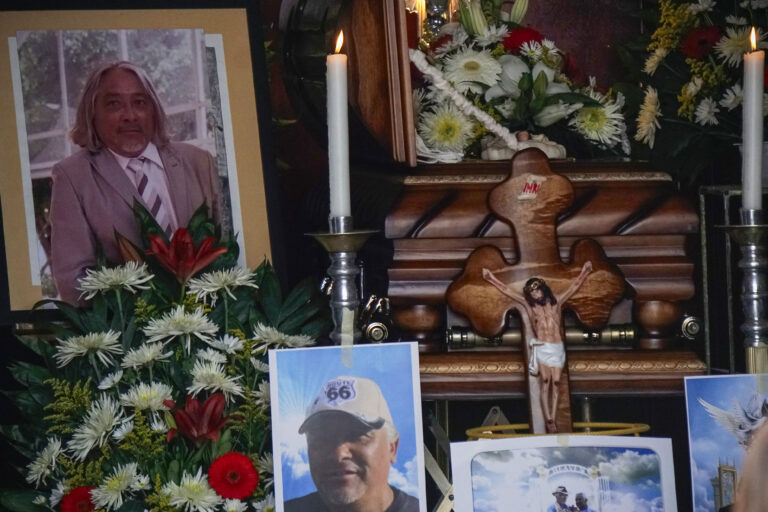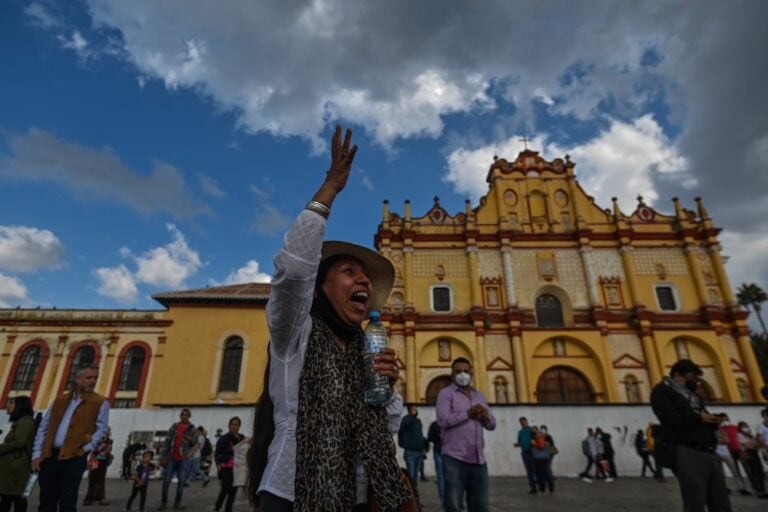(ARTICLE 19/CENCOS/IFEX) – According to information obtained by ARTICLE 19 and CENCOS, on 29 August 2008, Federal Preventive Police (Policía Federal Preventiva) officers, state police officers and Oaxaca State Transit Ministry officials, along with supervisors from the Federal Telecommunications Commission (Comisión Federal de Telecomunicaciones, Cofetel) and the Communications and Transport Secretariat (Secretaría de Comunicaciones y […]
(ARTICLE 19/CENCOS/IFEX) – According to information obtained by ARTICLE 19 and CENCOS, on 29 August 2008, Federal Preventive Police (Policía Federal Preventiva) officers, state police officers and Oaxaca State Transit Ministry officials, along with supervisors from the Federal Telecommunications Commission (Comisión Federal de Telecomunicaciones, Cofetel) and the Communications and Transport Secretariat (Secretaría de Comunicaciones y Transportes, SCT) arrived at the facilities of the La Rabiosa community radio station with orders to shut it down and confiscate its broadcasting equipment. The radio station is located in the city of Huajuapan de León, Oaxaca state, southeastern Mexico.
Three of the radio station’s staff members were at the station when the police officers entered and informed them of their intention to stop the station from broadcasting. The government officials said that they were just carrying out an “administrative action” but that if they encountered resistance they would call for assistance from the Public Ministry (Ministerio Público) on grounds that a federal crime was being committed.
Community radio stations constitute one of the most important instruments for guaranteeing plurality in information sources. However, in Mexico they have no ad hoc legal status that would recognise the services they provide at the local level with their analyses of social, cultural and environmental issues. According to the International Telecommunications Union, a special branch of the United Nations, radio broadcasting is seen to be of such importance in democratic societies that free access to radio services is considered to be a fundamental right that should be protected by governments.
ARTICLE 19 and CENCOS call on the Mexican government to refrain from carrying out actions that hinder or criminalise the operation of community radio stations. Both organisations also call on the government to implement the necessary political and legal measures to ensure the survival of community radio stations and promote their work, such that they can operate legally and fulfill their role, guaranteeing the community’s fundamental right of access to radio broadcasts.


